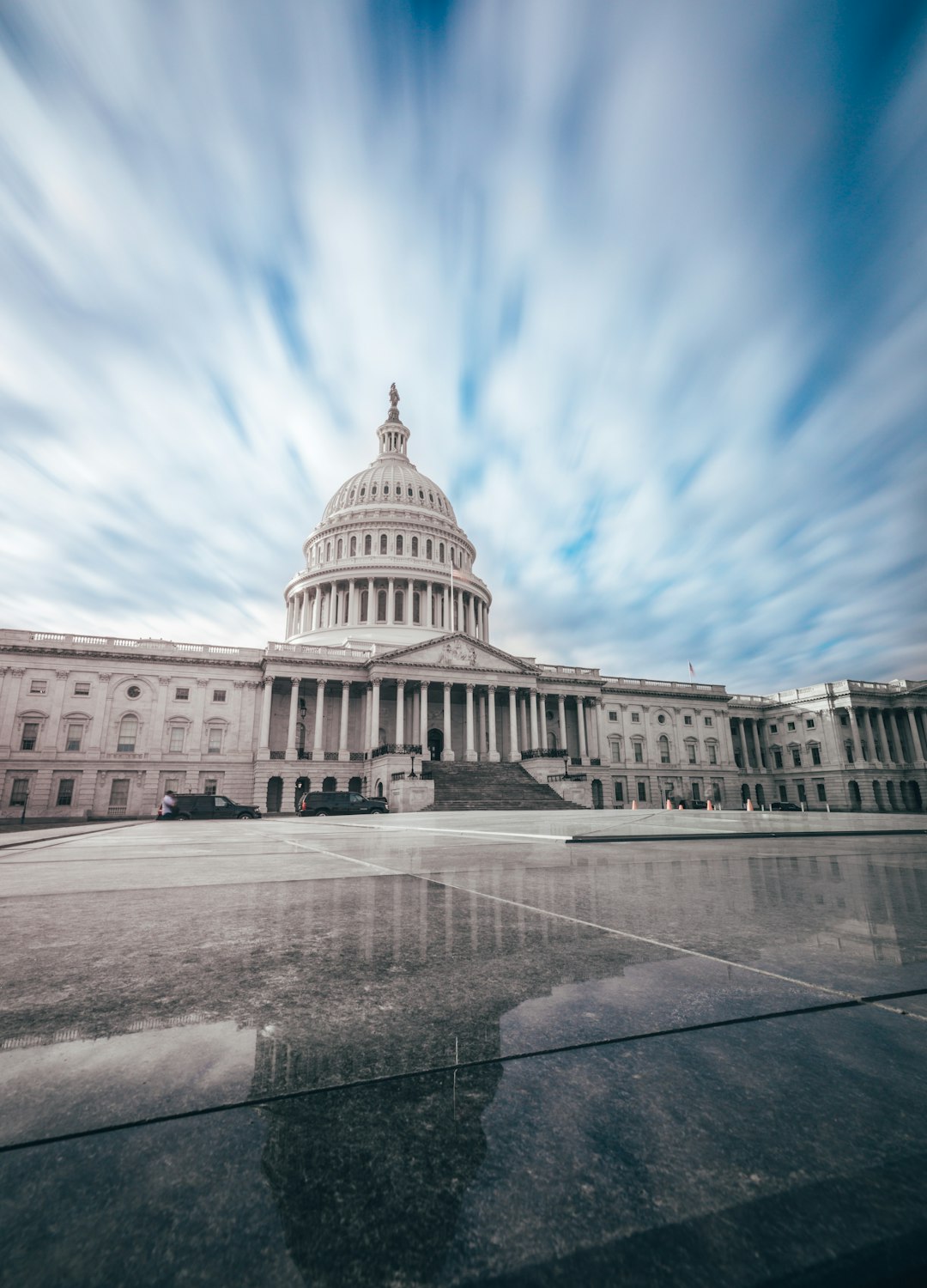In Washington State, "spam text messages" are defined as unsolicited promotional texts sent without prior express consent, with strict laws enforced by specialized lawyers to protect consumers. Recipients have legal protections and rights to block future messages or seek compensation. Businesses must follow stringent anti-spam laws, including opt-in consent rules and easy opt-out mechanisms, to avoid penalties and maintain a positive reputation. Violations can result in fines up to $5,000 per violation plus consumer damages. Consulting a lawyer specializing in Washington's spam text laws is advised for both recipients and businesses.
“In the digital age, Washington state has implemented stringent laws to combat the deluge of unwanted text messages, or ‘spam,’ that plague consumers. This comprehensive guide navigates the legal definition and regulations surrounding spam text messages in Washington, shedding light on what constitutes illegal activity. We explore the rights of recipients, obligations of businesses, and potential penalties for violators. For a deeper understanding, consult with a lawyer specializing in Washington’s anti-spam laws to protect your rights and ensure compliance.”
Understanding Spam Text Messages in Washington State: Legal Definition and Regulations

In Washington State, the legal definition of spam text messages is governed by state laws and regulations aimed at protecting consumers from unwanted and deceptive messaging. A spam text message is generally characterized as an unsolicited text sent in bulk for commercial purposes or to promote a product, service, or event. These messages can be originating from businesses, marketing agencies, or even fellow consumers. The Washington State Attorney General’s Office defines such messages as those that violate the state’s consumer protection laws, particularly regarding consent and opt-out rights.
The regulations emphasize that individuals must give explicit consent for their phone numbers to be used in text message campaigns. Businesses engaging in these practices must also provide a clear and straightforward way for recipients to opt out of future messages. A lawyer for spam texts in Washington State can help navigate these complex laws, ensuring compliance and offering guidance on how to handle violations or consumer complaints. This includes understanding the legal implications, potential penalties, and best practices for marketing through text messages to avoid being classified as spam.
What Constitutes a Spam Text Message According to Washington Law?

Under Washington state law, a “spam text message” is defined as an unsolicited text message sent to a consumer’s personal or business mobile phone without their prior express consent. This includes messages promoting goods, services, or solutions, and can be from businesses, individuals, or automated systems. The key aspect is that the recipient never agreed to receive these messages.
A lawyer for spam texts in Washington explains that even if you have done business with a company in the past or provided your number out of curiosity, sending marketing text messages without explicit consent can still violate the law. To protect consumers from unwanted and potentially harassing communication, Washington has implemented strict regulations regarding text message advertising to ensure that individuals’ mobile devices remain free from unsolicited commercial messages.
Rights of Recipients: How Washington Protects Against Unwanted Texts

In Washington State, recipients of spam text messages have certain rights and protections under law. The state has implemented strict regulations to combat the prevalence of unwanted texts, aiming to safeguard consumers from intrusive and misleading communications. If you’ve received unsolicited text messages promoting products or services, knowing your rights is essential. According to Washington’s laws, businesses and individuals sending bulk text messages must obtain prior consent from recipients, ensuring that their marketing efforts are targeted and authorized.
A lawyer for spam texts in Washington can guide recipients through these legal protections. They can help determine if a particular text message campaign has violated state regulations and take appropriate action. This may involve blocking future messages, seeking compensation for emotional distress, or pursuing legal remedies against the perpetrators. Understanding your rights is the first step in holding spammers accountable and fostering a more respectful digital environment.
Obligations of Businesses and Marketers: Sending Text Messages Legally

In Washington State, businesses and marketers sending text messages must adhere to stringent legal guidelines to avoid being labeled as spam. A lawyer for spam texts in Washington can help ensure compliance with the state’s anti-spam laws, which are designed to protect consumers from unwanted or deceptive messaging. Marketers are obligated to obtain explicit consent from recipients before sending any promotional texts and provide a clear opt-out mechanism within each message. Failure to comply may result in legal repercussions, including fines and damage to one’s reputation.
To legally send text messages, businesses should implement robust data collection practices, ensuring that contact information is obtained with proper consent. Additionally, they must respect consumer choices regarding communication preferences. A Washington lawyer specializing in spam texts can offer guidance on crafting consent forms, managing subscriber lists, and monitoring compliance to minimize the risk of legal issues related to mass text messaging.
Legal Actions and Penalties for Violating Anti-Spam Laws in Washington

In Washington State, sending unwanted text messages, often referred to as “spam,” is strictly regulated by state laws designed to protect consumers from intrusive and deceptive practices. Violating these anti-spam laws can lead to significant legal repercussions for individuals or businesses involved. A lawyer specializing in spam texts laws in Washington is crucial in navigating these complex regulations.
Penalties for non-compliance can include substantial fines, ranging from $500 to $5,000 per violation, depending on the severity of the offense. Moreover, affected consumers may seek damages, including compensatory and punitive measures, if they can prove harm or annoyance caused by the spam text messages. To mitigate these risks, businesses should ensure strict adherence to opt-in consent requirements and proper messaging practices, while individuals experiencing unwanted texts are encouraged to document the incidents and consult a qualified lawyer for spam texts laws in Washington for guidance on legal recourse.






